_E01_052_Q01.png)
In an interference arrangement similar to young's double slit experiment the slits S1 and S2 are illuminated with coherent microwave sources each of frequency 106Hz the sources are synchronized to have zero phase difference. the slits are separated by a distance d=150.0m. The intensity I(θ) is measured as a funtion of θ, where θ is defined as shown. if I0 is the maximum intensity then I(θ) for 0≤θ≤90∘ is given by:
I(θ)=I0 for θ=0∘
I(θ)=I0/2 for θ=30∘
I(θ)=I0/4 for θ=90∘
I(θ) is constant for all values of θ
The correct Answer is:A, B
Step by step video, text & image solution for In an interference arrangement similar to young's double slit experiment the slits S_(1) and S_(2) are illuminated with coherent microwave sources each of frequency 10^(6)Hz the sources are synchronized to have zero phase difference. the slits are separated by a distance d=150.0m. The intensity I(theta) is measured as a funtion of theta, where theta is defined as shown. if I_(0) is the maximum intensity then I(theta) for 0lethetale90^(@) is given by: by Physics experts to help you in doubts & scoring excellent marks in Class 12 exams.
Topper's Solved these Questions
Similar Questions
In an interference arrangement similar to double-slit experiment, S1 and S2 are illuminated with coherent source microwave source each of frequency 1 MHz. the sources are synchronized to have zero phase difference . This slits are separated by distance d=150.0m The intensity I(θ) is measured as a funciton of θ, where θ is defined as shown in figure. If I0 is maximum intensity, calculate I(θ)
For :
a. θ=0 b. θ=30∘
c. θ=90∘
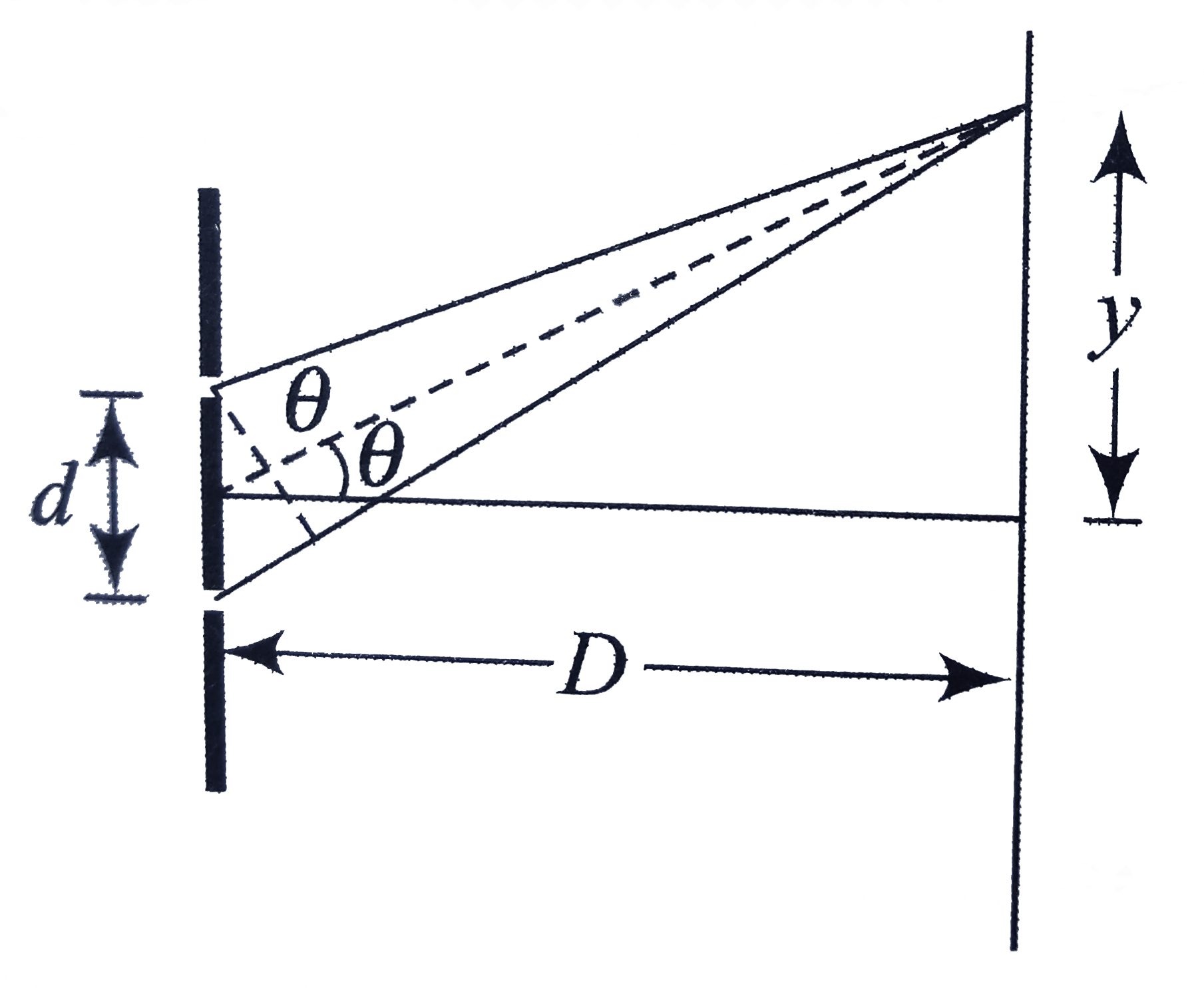 View Solution
View SolutionConsider an interference arrangement similar to YDSE. Slits S1 and S2 are illuminated with coherent microwave sources each of frequency 2 MHz. The sources are synchronised to have zero phase difference. The slits are separated by distance d= 75m. The intensity I(θ) is measured as a function of θ where θ is defined as shown in figure. if I0 is maximum intensity then calculated I(θ) for (i)θ=0∘,(ii)θ=π/6and(iii)θ=π/2
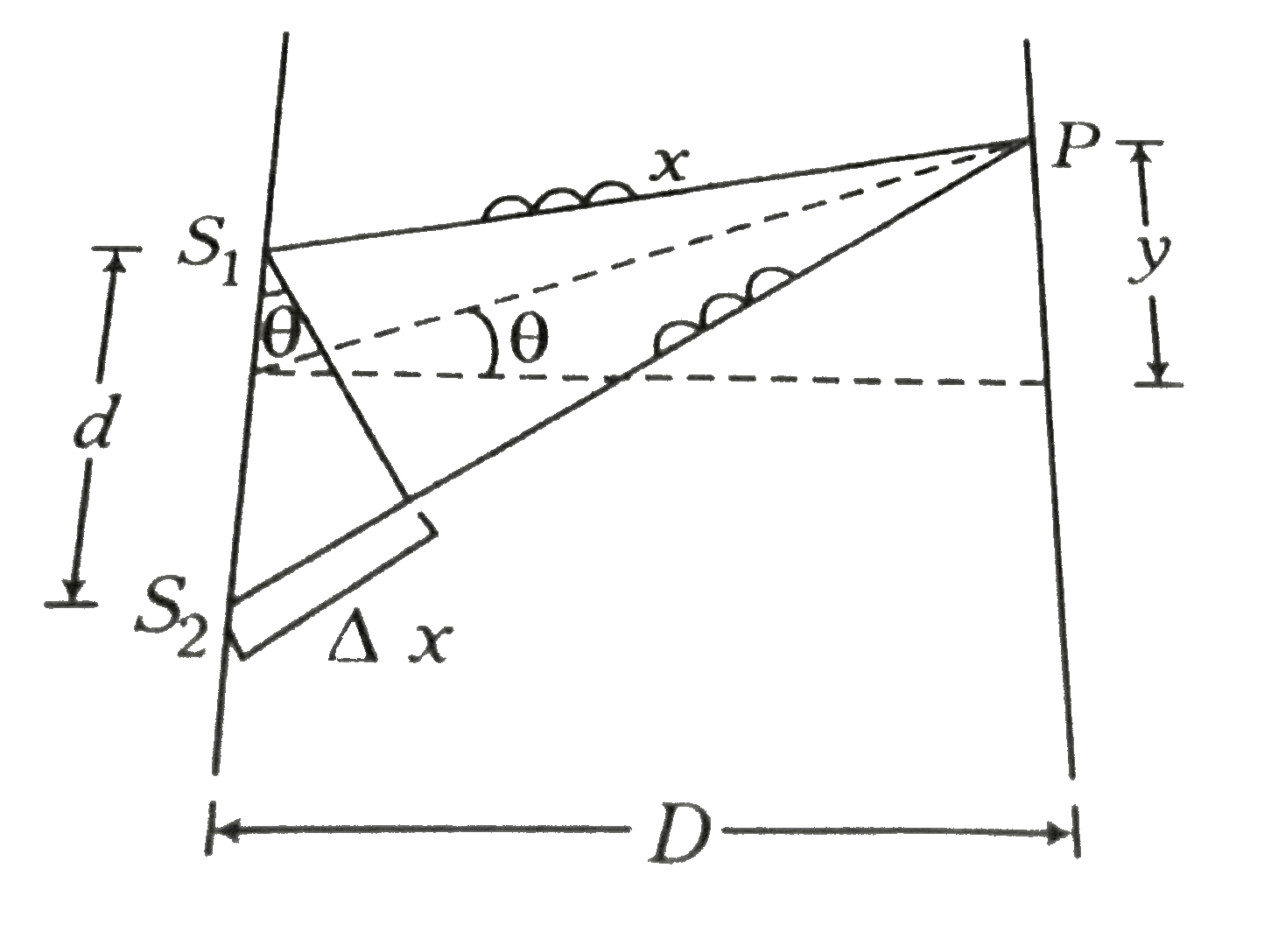 View Solution
View Solution
Knowledge Check
- Question 1 - Select One
In an interference arrangement similar to Young's double-slit experiment, the slits S_1 and S_2 are illuminated with coherent microwave sources, each of frequency 10^6 Hz. The sources are synchronized to have zero phase difference. The slits are separated by a distance d=150.0 m. The intensity I (theta) is measured as a function of theta, where theta is defined as shown. If I_0 is the maximum intensity, then I (theta) for 0lethetale90degree is given by
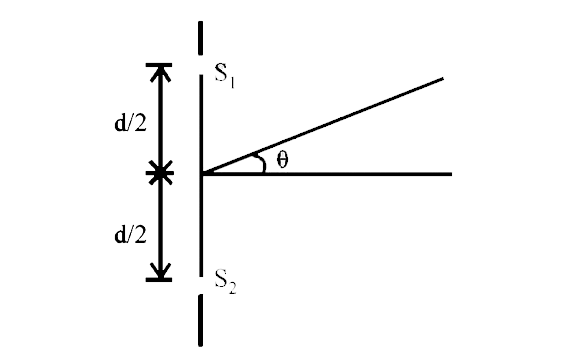 AI(θ)=i02forθ=30degreeBi(θ)=I04forθ=90degreeCI(θ)=I0forθ=0degreeDI(θ) is constant for all
AI(θ)=i02forθ=30degreeBi(θ)=I04forθ=90degreeCI(θ)=I0forθ=0degreeDI(θ) is constant for all - Question 2 - Select One
In a interference arrangement similar to Young's double-slit experiment ,the slits S1 and S2 are illuminated with coheremt microwave source ,each of frequencies 106 Hz.The source are syhronized to have zero phase difference.The slits are separated by a distance from S1 and S2 where theta is defined as shown if I0 is the maximum intensity then
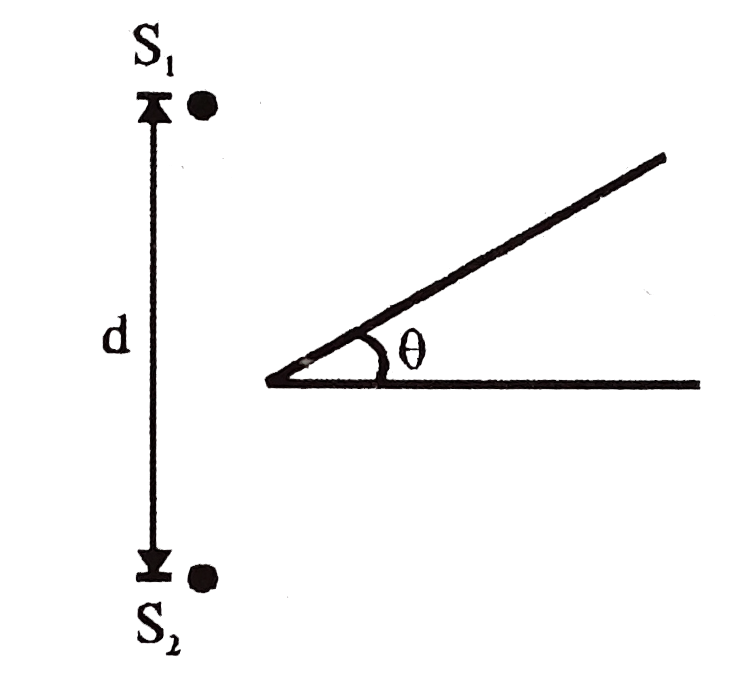 AI(θ)=I02 for θ=30∘BI(θ)=I04 for θ=90∘CI(θ)=(I0) for θ=90∘DI(θ) is constant for all value of θ
AI(θ)=I02 for θ=30∘BI(θ)=I04 for θ=90∘CI(θ)=(I0) for θ=90∘DI(θ) is constant for all value of θ - Question 3 - Select One
In Young's double slit experiment, if the two slits are illuminated with separate sources, no interference pattern is observed because
AThere will be no constant phase difference between the two wavesBThe wavelengths are not equalCThe amplitudes are not equalDNone of the above
Sketch the variation of intensity of the interference pattern in Young's double-slit experiment.
View SolutionIn a Young’s double slit experiment, the source illuminating the slits is changed from blue to violet. The width of the fringes
View SolutionThe wavelength of the light used in Young's double slit experiment is λ. The intensity at a point on the screen is I, where the path difference is λ6. If I0 denotes the maximum intensity, then the ratio of I and I0 is
View SolutionIn Young's double slit experiment, the ratio of maximum and minimum intensities in the fringe system is 9:1 the ratio of amplitudes of coherent sources is
View Solution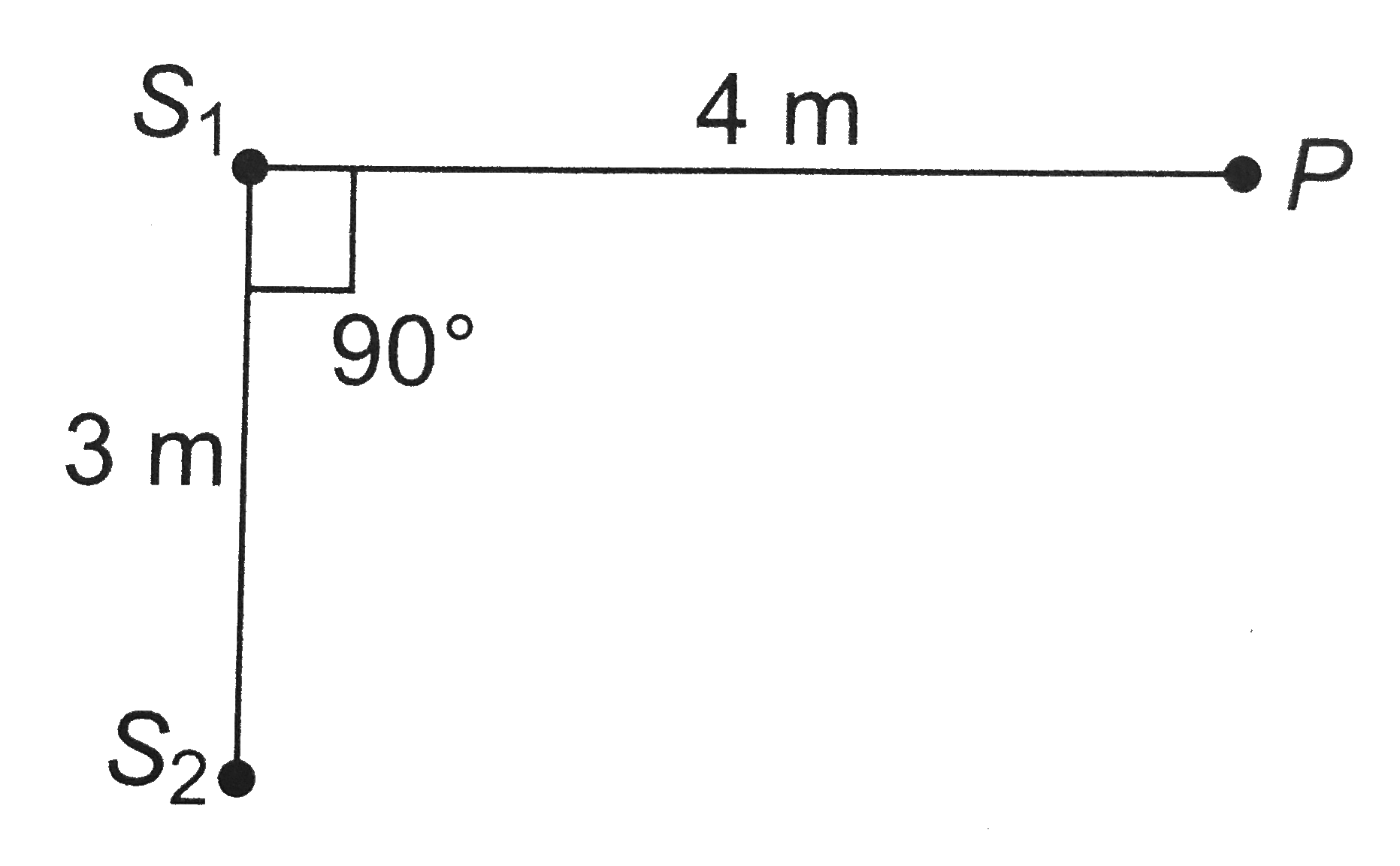
S1 and S2 are two coherent sources of sound of frequency 110Hz each they have no initial phase difference. The intensity at a point P due to S1 is I0 and due to S2 is 4I0. If the velocity of sound is 330m/s then the resultant intensity at P isView Solution

